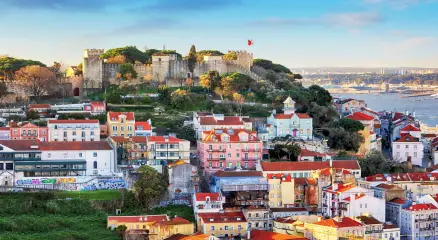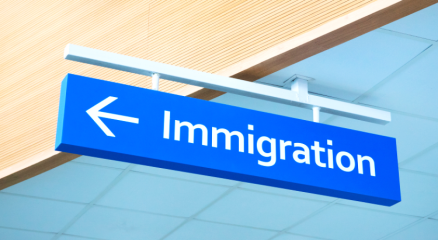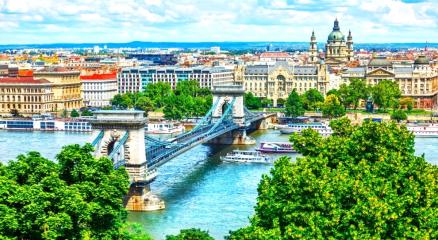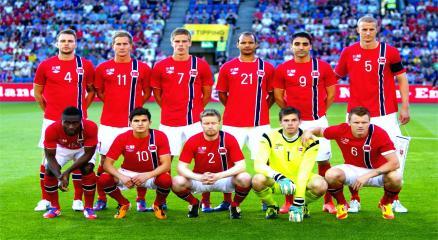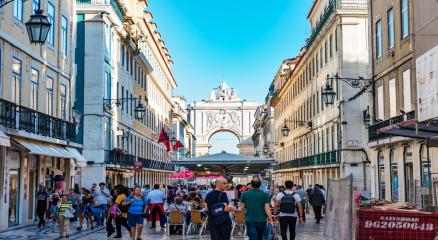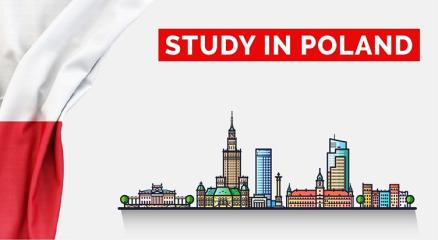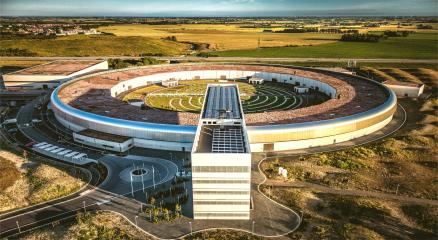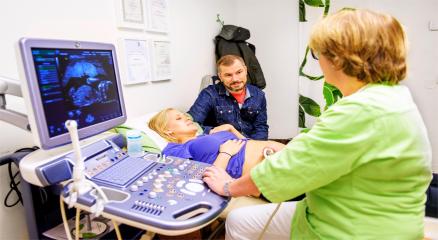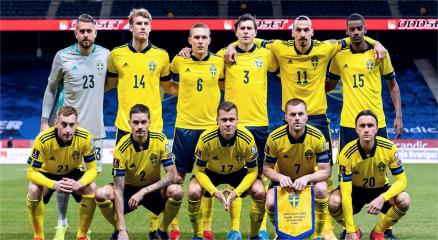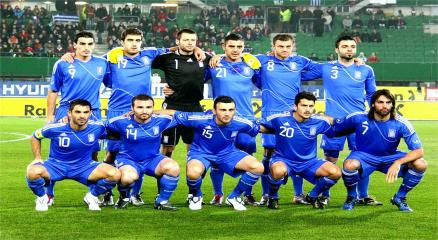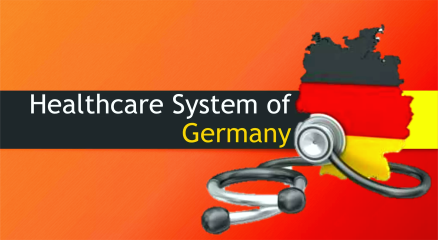Introduction
Portugal’s national football team, famously known as the Seleção das Quinas, has transformed over the decades from a side of promise to a powerhouse in European and global football. With iconic figures, unyielding ambition, and a blend of youth and experience, Portugal continues to leave its mark on major tournaments. This article explores how the Selecão got here, who drives the team today, what recent achievements define their status, and what lies ahead.
History & Identity
Early Steps & Milestones
Portugal first made a splash on the international scene during the 1966 FIFA World Cup, finishing in third place, largely thanks to the exploits of Eusebio. Wikipedia+1 Over the years, Portugal has made eight World Cup appearances, though that 1966 finish remains its best. FIFA World Cup News+1 In the European Championship cycle, they broke through in Euro 2016, winning their first major trophy. Wikipedia+1. One of their more recent crowning achievements came in June 2025, when Portugal beat Spain in a dramatic UEFA Nations League Final via penalty shootout after a 2–2 draw in Munich. This marked their second Nations League title — making them the first nation to win the competition more than once. AP News+3Wikipedia+3Wikipedia+3
Symbols & Style
The nickname Seleção das Quinas refers to the five shields (‘quinas’) on Portugal’s national coat of arms. Wikipedia Their traditional home kit is predominantly red with green trim — colors drawn from the national flag — while away kits have varied over time, including white, black, or teal. Wikipedia. Rivalries run deep with Spain, due to geographic proximity and history; Brazil, owing to shared Portuguese heritage and footballing culture; and France, from frequent high-stakes clashes in major tournaments. Wikipedia
Leadership & Coaching
At the helm since January 2023 is Roberto Martínez, who replaced Fernando Santos. Wikipedia+2Wikipedia+2 His arrival coincided with an immediate injection of attacking intent and record-setting performances in qualifiers. In Euro 2024 qualifying, Portugal won all 10 matches, scoring 36 goals and conceding just two. Wikipedia+1. The coaching staff also includes assistants such as Austin MacPhee and Ricardo Carvalho, goalkeeping specialists like Iñaki Bergara, and broader technical, performance and analysis teams. Wikipedia+2Wikipedia+2. Martínez’s philosophy emphasizes balance — strong defense, swift transitions, and attacking fluidity. His tenure so far has delivered silverware and renewed belief in Portugal’s sustainable competitiveness.
Squad & Star Players
Squad Composition
Portugal’s roster is a blend of seasoned veterans and rising stars — combining experience with youthful energy. Wikipedia+4Wikipedia+4Reuters+4 For the 2025 World Cup qualifiers, the squad included the likes of Cristiano Ronaldo, Bernardo Silva, Bruno Fernandes, Rúben Dias, Diogo Costa, João Félix, Nuno Mendes, and João Palhinha among others. Wikipedia+3The Sun+3Reuters+3
Captain & Record Holders
Other key pillars:
-
Diogo Costa in goal provides reliability and shot-stopping quality.
-
Rúben Dias anchors the backline with leadership and positional discipline.
-
In midfield, Bruno Fernandes, Bernardo Silva, and João Palhinha offer creativity, balance, and defensive cover.
-
João Félix and Rafael Leão represent the youthful attacking thrust, providing pace, dribbling, and fresh energy.
Recent Impacts & Honours
In the 2025 Nations League final, Nuno Mendes was awarded Man of the Match for his all-round performance. Wikipedia+1 Ronaldo also scored in the final, bringing his tally to 138 international goals at the time. Reuters+1
Notably, in a recent World Cup qualifier, Portugal thrashed Armenia 5–0 — with Ronaldo netting twice. The match also paid tribute to Diogo Jota, who tragically died earlier in 2025. The Guardian
Achievements & Records
These achievements, combined with consistent performances in qualifiers and tournaments, position Portugal among Europe’s elite.
Recent Triumph: Nations League 2025
The 2025 UEFA Nations League final brought a dramatic face‑off between Portugal and Spain. After a 2‑2 draw following extra time, Portugal prevailed 5–3 in penalties. Wikipedia+2Reuters+2 This victory marked more than just a trophy — it reinforced Portugal’s standing as a modern, formidable force in international football. Crucially, the win was also the last match and trophy for Diogo Jota, who passed away in July 2025. Wikipedia+1 The emotional weight of the moment elevated the triumph beyond sport, resonating deeply with players and fans.
Current Challenges & Future Outlook
Balancing Transition & Legacy
One of Portugal’s main challenges is managing generational change. Legends like Ronaldo will soon give way fully to younger dynamics. Ensuring continuity without overdependence on star power will be critical.
Staying Competitive in Europe
European football grows tougher each cycle. Maintaining consistency at the top — through tactical evolution, depth, and fresh talent — is essential.
Road to 2026 World Cup
With strong showings in qualifiers and momentum from the Nations League win, expectations are high. Portugal’s aim will be not just to reach the knockout stages, but to contend for a deep run.
Academy & Talent Pipeline
Portugal’s reputation for youth development helps feed the national team. Clubs across the country continue to scout and nurture raw talent, ensuring a steady supply of future stars.
Conclusion
Portugal’s national football team is a compelling story of evolution: from underdogs to champions. With a legendary captain, a forward-looking coach, and a well-balanced squad, the Selecão stands poised for further success. The 2025 Nations League triumph validates the current direction, while the blend of experience and youth hints at sustained prominence. As they march toward the 2026 World Cup and beyond, Portugal remains a team to watch — and respect.






